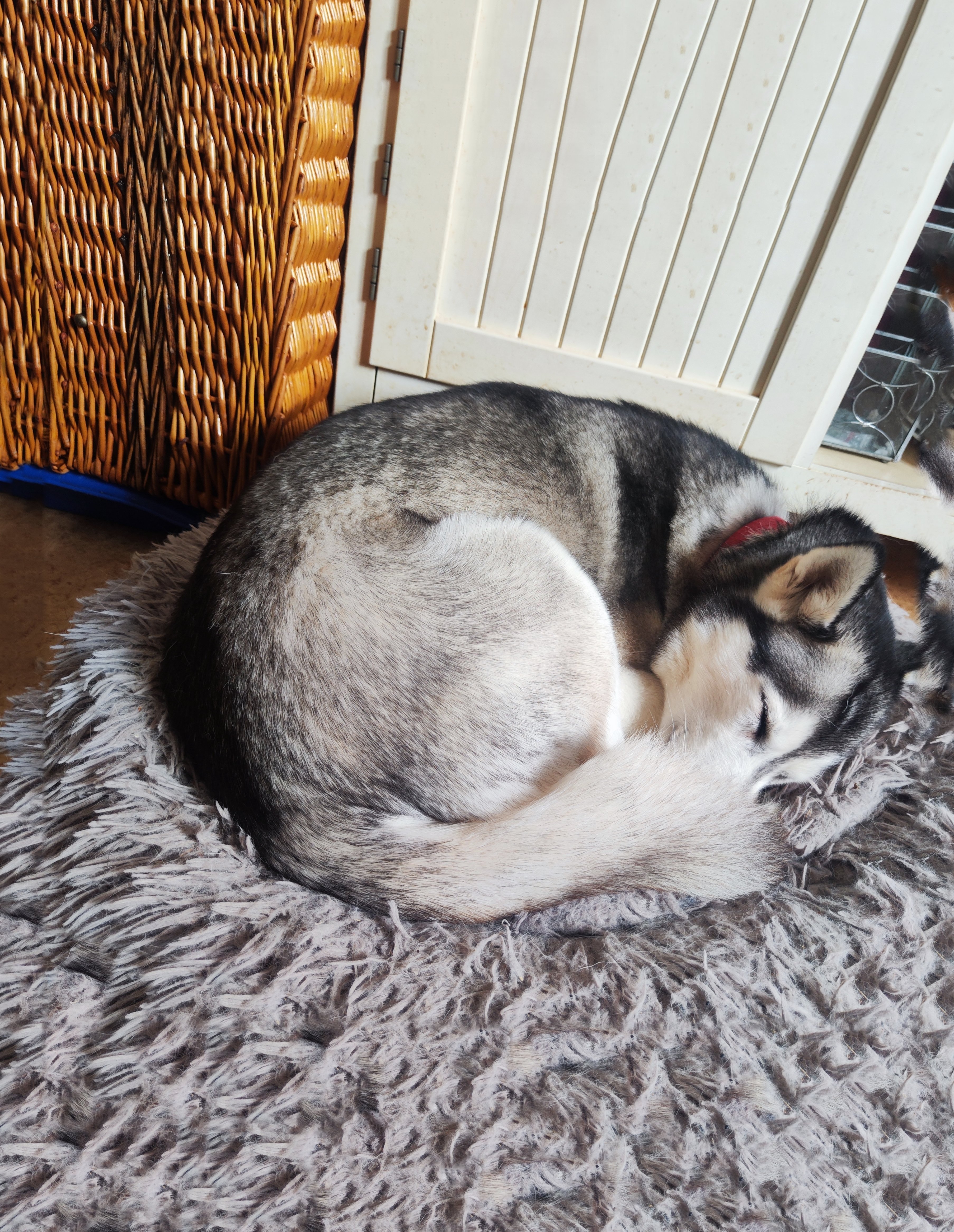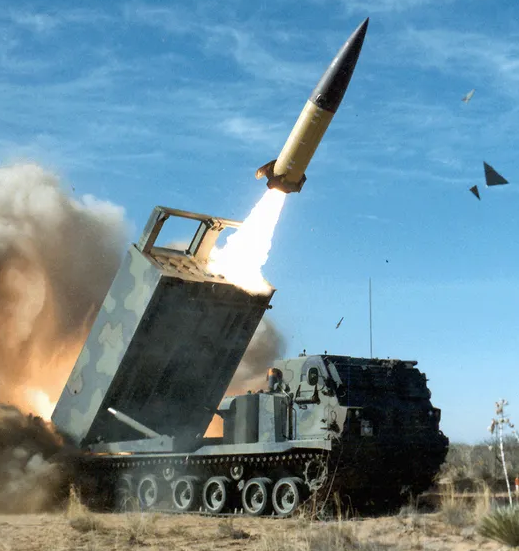95 Tesla deaths have involved fires or Autopilot. How the EV maker fares in fatalities per million miles.::Tesla deaths from fires and Autopilot make up 24% of the fatalities in crashes. Learn about the death rates per million miles and vs other cars.
deleted by creator
Business Insider is notoriously anti-Tesla. The German company who owns BI is a large stakeholder in Porsche’s EV division. And their articles on German luxury vehicles are basically adverts. They literally have articles criticising Tesla for having video games in the car, then have articles talking about how innovative BMW is for putting video games in their cars.
This article went on for about 20 paragraphs just casting aspersions, and never once compared the numbers to any other manufacturer - making it all meaningless.
deleted by creator
Much less deaths than without the feature turned on and much much less than other cars.
deleted by creator
That site is behind a paywall to me so this might’ve been addressed, but to play devils advocate I’m wondering about the rate of incidents between Tesla and all other manufacturers combined?
Now it could just be that I’m in the Midwest, where we’re only ahead of the south when it comes to adopting changes, but I practically see no other EVs still other than Teslas. I’m talking 8 Teslas before I see one Chevy Volte or something
You don’t have to be an EV to have self driving features. My non-EV Audi has self sriving features.
It should be normalized per mile. If it isn’t, then this data means absolutely nothing. Of course, we can’t read it to verify the claim.
Per million miles, in the lead
Paywall Protip: use an archive service to read paywalled articles. Archive.is works great
If you use Firefox, there is an add-on called web archives that makes things easier
I get around that paywall using uBO on Chrome with the addition of this filter; https://gitlab.com/magnolia1234/bypass-paywalls-clean-filters
Autopilot systems have been involved in far more incidents than driver-assistance systems from all other manufacturers combined
Do they also get used more often than all other manufacturers combined? What matters here is the rate of accidents, and this statement tells us nothing about the rate of accidents.
The evidence for this claim is lacking.
Fewer
Fuhrer
In the fourth quarter of 2022, Tesla said its cars using Autopilot were involved in one crash per every 4.85 million miles or 0.2 crashes per million miles. That’s compared with around 0.7 crashes per million miles for Teslas not using Autopilot
Well if you can believe Tesla’s numbers, autopilot is still safer than manual. Though really I think the criteria for safety should be more strict than just being somewhat safer. Other car makers won’t take autopilot beyond self-park for good reason. It’s not that Tesla’s technology is so much better, other makers are just more responsible about liability.
Tesla is using stats to lie. Autopilot can only be used on highways. If you just look at crash rate on highways, it’s very close to autopilot’s rate. And ideally it should be compared to other assistive technologies.
Other car makers won’t take autopilot beyond self-park for good reason.
Mercedes offers level 3, which is fully hands off, and they take full responsibility for accidents that happen while the system is engaged. Ford and GM also have systems that are on par with Tesla and likely have better safety measures.
It’s not that Tesla’s technology is so much better, other makers are just more responsible about liability.
Definitely agree with this. Tesla just cuts corners.
Narrator: you cannot believe Tesla’s numbers.
In 2016, the first known fatality linked to a self-driving car took place when a Tesla Model S failed to stop and crashed into a semitrailer truck.
Ah, this one is hard to forget. I remember this one vividly because it sparked all sorts of philosophical discussions around the use of self-driving cars. Hypothetical scenarios like “Between a family of 5 with children, should the car choose to kill the driver to save the family” and the different variations of the trolley problem.
Determining the responsible party was always a puzzle to me. The current state of auto-pilot requires hands-on attention from the driver, so the accountable party is arguably the driver. But with a fully autonomous vehicle, where the steering wheel isn’t installed, is the car manufacturer accountable for deaths and accidents?
with a fully autonomous vehicle, where the steering wheel isn’t installed, is the car manufacturer accountable for deaths and accidents?
We already have this. Mercedes offers level 3 capability where they take responsibility for any accidents using the system. We’ll know that Tesla has made real progress when they stop blaming drivers for every single accident that happens.
But with a fully autonomous vehicle, where the steering wheel isn’t installed, is the car manufacturer accountable for deaths and accidents?
Yes
A contrived metaphor: if an unleashed dog bites a person, is the dog owner no longer responsible for the incident?
You could say that it’s up to the car owner to install a steering wheel, like how a dog owner should use a leash. But this would be a gap between when the person receives the car and when they could install the steering wheel (assuming the wheel installation can be performed).
If someone is from the US, please explain it to me: how is this shit still legal there?
Isn’t there some regulations about what can you put on the roads? Aren’t you responsible to prove that your solution works before you get a green light to put it on the roads? Or was Autopilot ever approved by any regulator?
Autopilot is a teslas name for adaptive cruise control, which has been in cars since decades. Assistive technologies don’t need approvals.
Honestly I don’t know how Tesla got past USA regulation on its autopilot. In the USA aircraft have to meet FAA safety standards. A new model aircraft has to go through extensive flight testing and receive FAA certification before it can go into production. I’m not sure who governs automotive safety in the USA, but they did something unusual to push through it. Either that or automotive safety regulations in the USA are just not that strict.
There’s also the fact the batteries they use can spontaneously catch fire (properly known as thermal runaway). I would think that to pose a big safety consideration, but evidently it’s not a problem for US regulations. There is a Li-Ion battery technology much less prone to thermal runaway (LiFePO4) and some cars use it. It’s greatly safer and has about five times greater battery longevity, but it’s also about twenty percent heavier. I think it’s a fair trade-off to avoid a fiery death.
There’s also the fact the batteries they use can spontaneously catch fire (properly known as thermal runaway).
Thermal runaway is not spontaneous. It requires sustained heating, which is typically caused by serious damage. So yes, lithium batteries can catch fire after a crash. But do you know what else catches first after a crash - ICE powered cars (at a rate 10x higher than EVs). And ICE cars are FAR more dangerous, because unlike an EV that burns slowly for hours, an exploding gas tank releases its energy in an instant. Ask a firefighter what’s more dangerous.
There is a Li-Ion battery technology much less prone to thermal runaway (LiFePO4) and some cars use it. It’s greatly safer and has about five times greater battery longevity, but it’s also about twenty percent heavier. I think it’s a fair trade-off to avoid a fiery death.
Most Teslas use LiFePO4 (commonly called LFP) batteries. Most other manufactures still use NMC barriers. Both are far safer than the explosive dinosaur juice that ICE vehicles run on.
In the fourth quarter of 2022, Tesla said its cars using Autopilot recorded were involved in one crash per every 4.85 million miles — or 0.2 crashes per million miles. That’s compared with around 0.7 crashes per million miles for Teslas not using Autopilot, and a US average of 1.5 crashes per million miles. The company has not released any figures for deaths per million miles, or the total number of miles driven, which would be needed to calculate that figure.
Why do we trust Tesla’s figures? Elon is a pathological liar.
Independently collected evidence that does not rely on Tesla shows that Tesla’s are not safe.
This is FUD. You must pay attention at all times when using Autopilot, the car begs you to do so. Not paying attention is equivalent to setting cruise control in any other vehicle and closing your eyes.
Tesla runs ads saying that their cars drive itself and they don’t need a driver.
Can you provide an example? I genuinely haven’t seen that but I live a relatively advertisement-free lifestyle. As a Tesla owner, I’ve never heard that from anyone in real life either.
Here is an alternative Piped link(s): https://piped.video/shorts/FfJ_Hw0kJl4
Piped is a privacy-respecting open-source alternative frontend to YouTube.
I’m open-source, check me out at GitHub.
Ok, counter point is this: https://electrek.co/2023/01/17/real-story-behind-tesla-staged-self-driving-video/
“The engineer added: “The intent of the video was not to accurately portray what was available for customers in 2016. It was to portray what was possible to build into the system.” Elluswamy also confirmed that the Autopilot team put the video together as a “demonstration of the system’s capabilities” at the request of Musk.”
I do remember that video and did not take it as an advertisement of what the product would do in 2016.
The first seconds of the video literally says “our cars don’t need a driver”.
Link?
While it’s always easy to blame irresponsible drivers, when you market your product as “full self driving”, the behavioral consequences of that decision are obvious, and yes, you share in the blame for the carnage you helped create.
Autopilot is not FSD. I agree the advertising of FSD is poor, but the FSD you’re thinking of is in beta, opt-in only, and also tries to force you to pay attention.
He doesn’t need to lie when he can just choose what to release - if they’re not releasing deaths per million miles, it’s because the numbers aren’t as favourable.
Tesla vehicles are not safe: https://www.washingtonpost.com/technology/2023/06/10/tesla-autopilot-crashes-elon-musk/
Removed by mod
🤣 🤣
They are some of the safest cars ever made:
https://electrek.co/2021/12/21/tesla-model-y-achieves-highest-possible-iihs-safety-rating/
These don’t test self driving features, which are the source of the problem. FSR and Autopilot are unsafe according to NHTSA data.
Euro NCAP test lane keeping, auto braking etc, and the 2022 Model Y scored 98%, the highest ever.
Do you own a Tesla? Basic autopilot is merely lane keeping combined with automatic cruise control. The car begs you to pay attention when you turn it on. Would you turn on cruise control and then take a nap? It’s the same thing. Users of autopilot need to pay attention at all times.
TACC, AEB, FCW, LA and a bunch of other aspects of Autopilot are all tested, and have done extremely well.
IIHS have probably the most stringent testing in the world, and they ranked the Model 3 the safest car ever tested. The Model Y was the second safest car ever tested.
Maybe if they remembered to do the quality control check.













